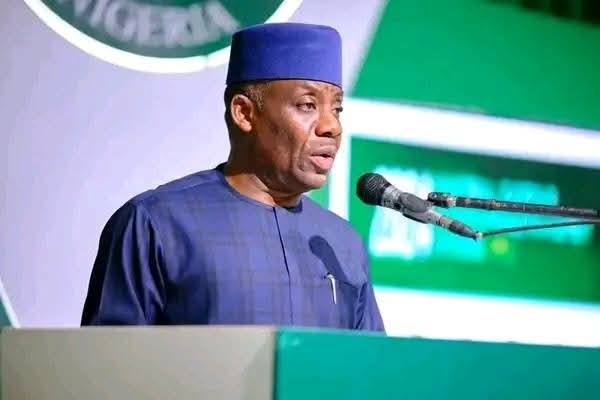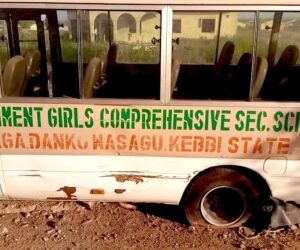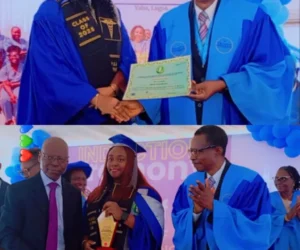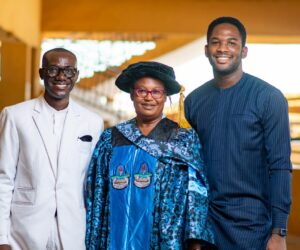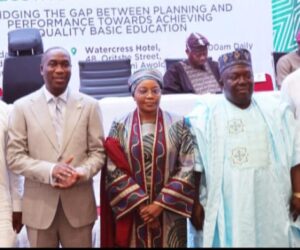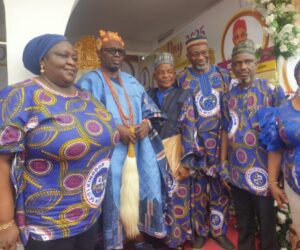The Minister of Education, Dr. Maruf Olatunji Alausa, has unveiled wide-ranging reforms to reposition the sector, with new funding, incentives and programmes aimed at tackling the country’s most pressing education challenges.
The minister unveiled the reforms during a media parley with senior journalists in Abuja, weekend.
Dr. Alausa outlined the government’s plan to address the issues of out-of-school children, weak technical training, poor infrastructure, outdated curricula and low teacher capacity.
He announced the launch of the Basic Education Transformation Agenda (BETA), designed to accelerate enrollment and improve learning outcomes. The initiative ties conditional cash transfers to mothers to encourage school attendance and introduces a Back2School Drive in partnership with the National Commission for Almajiri and Out-of-School Children Education, under which the government bears the full cost of enrollment during official handovers.
Dr. Alausa said the basic education curriculum has been revised to meet 21st century realities, focusing on critical thinking, digital literacy, entrepreneurship and civic responsibility. Civic education is now mainstream from basic to post-basic levels.
A major highlight is the overhaul of Technical and Vocational Education and Training, backed by ₦120 billion approved by President Bola Tinubu. Beginning in the 2025/2026 academic session, students in federal and state technical colleges will enjoy free tuition, feeding, boarding, uniforms and protective gear, in addition to ₦22,500 monthly stipends. The training model will be 80 percent practical and 20 percent theoretical, with certified trainers and strong industry linkages through internships. The target is to train five million youths in four years.
To align higher education with manpower needs in health, energy and technology, the government has introduced the STEMM Nigeria Agenda covering Science, Technology, Engineering, Mathematics and Medical Sciences. A STEMM Up Grant will provide up to ₦50 million to support undergraduate-led innovations across universities.
On funding support, he announced that annual scholarship grants for PhD, Master’s and undergraduate students have been increased by 50 percent, now standing at ₦750,000, ₦600,000 and ₦450,000 respectively. The National Student Loan Programme has already disbursed over ₦77 billion to 396,000 students in 210 institutions. A ₦10 million Tertiary Institution Staff Support Fund has also been introduced, alongside the payment of long-outstanding Earned Academic Allowances, with ₦50 billion released in June 2025.
In the area of infrastructure, ₦80 billion has been set aside for the rehabilitation of unity schools, while 38 federal and state technical colleges are undergoing full modernisation. The Ministry has also resolved the issue of unaccessed Universal Basic Education Commission (UBEC) matching grants by directly engaging governors. As of mid-2025, 27 states and the FCT had accessed ₦78.6 billion, representing a 65 percent increase over previous years.
Teacher retraining and capacity development are central to the reforms. So far, 270 technical teachers have been trained in digital literacy and trade-specific skills in Ibadan, while 6,000 senior secondary school teachers are undergoing training in artificial intelligence.
Social inclusion initiatives have been rolled out to protect vulnerable groups. These include a national anti-bullying policy, expanded nutrition and school feeding schemes, health insurance for Almajiri children tied to enrollment, and girl-focused projects such as the Learning Under the Mango Initiative for National Advancement and Holistic Development (LUMINAH 2030) and the AGILE project.

